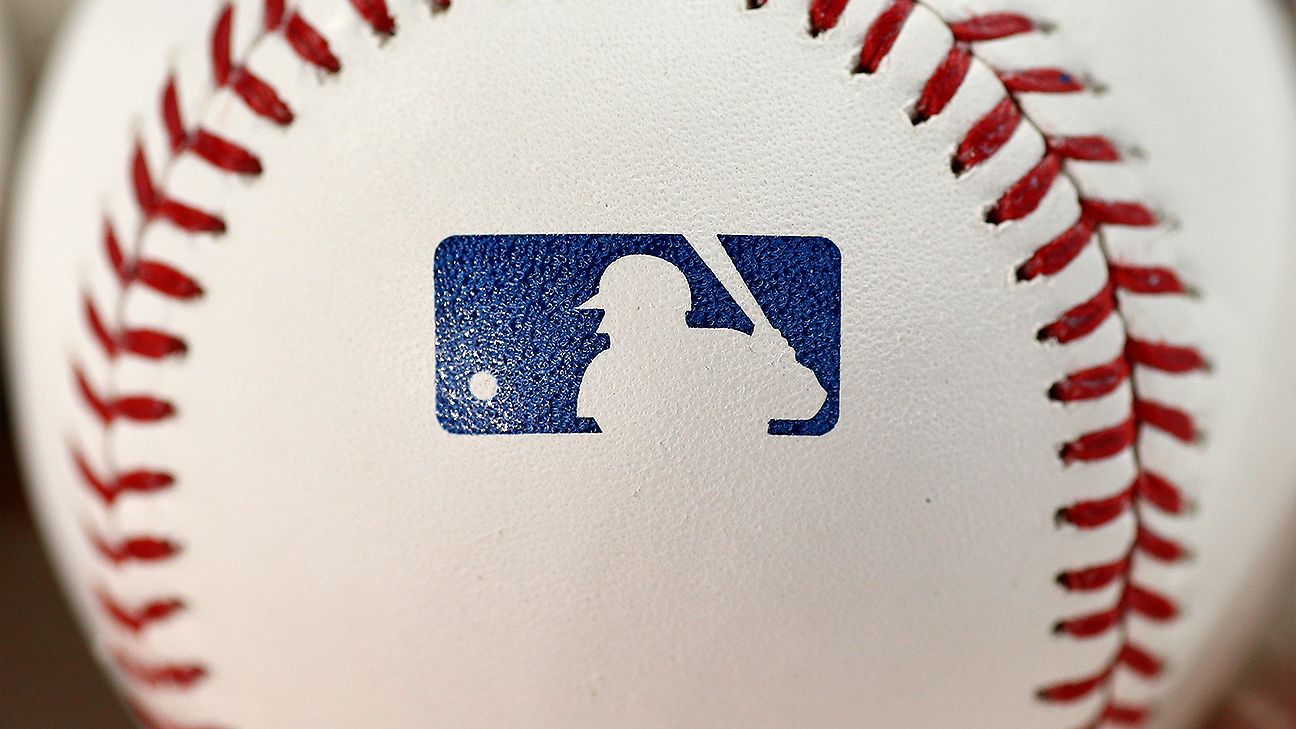NEW YORK — Major League Baseball has slightly deadened its baseballs amid a years-long surge in home runs, a source confirmed to The Associated Press on Monday.
MLB anticipates the changes will be subtle, and a memo to teams last week cites an independent lab that found the new balls will fly 1 to 2 feet shorter on balls hit over 375 feet. Five more teams also plan to add humidors to their stadiums, meaning 10 of MLB’s 30 stadiums are expected to be equipped with humidity-controlled storage spaces.
A person familiar with the note spoke to The Associated Press on condition of anonymity Monday because the memo, sent by MLB executive vice president of baseball operations Morgan Sword, was sent privately. The Athletic first reported the contents of the memo.
The makeup of official Rawlings baseballs used in MLB games has come under scrutiny in recent years. A record 6,776 homers were hit during the 2019 regular season, and the rate of home runs fell only slightly during the pandemic-shortened 2020 season — from 6.6% of plate appearances resulting in homers in 2019 to 6.5% last year.
A four-person committee of scientists commissioned by MLB concluded after the 2019 season that baseballs had less drag on average than in previous seasons, contributing to the power surge. Their report blamed the spike in part on inconsistencies in seam height.
MLB’s balls are hand-sewn by workers at Rawlings’ factory in Costa Rica, leading to inevitable, minor deviations in production that can have sizeable repercussions.
The league mandates all baseballs have a coefficient of restitution (COR) — essentially, a measure of the ball’s bounciness — ranging from .530 to .570, but in recent years the average COR had trended upward within the specification range.
In an effort to better center the ball, Rawlings has loosened the tension on the first of three wool windings within the ball. Its research estimates the adjustment will bring the COR down .01 to .02 and will also lessen the ball’s weight by 2.8 grams without changing its size. The league does not anticipate the change in weight will affect pitcher velocities.
The memo did not address the drag of the baseball, which remains a more difficult issue to control.
The Colorado Rockies, Arizona Diamondbacks, Seattle Mariners, New York Mets and Boston Red Sox already have humidors. The five teams adding humidors were not identified in the memo.
